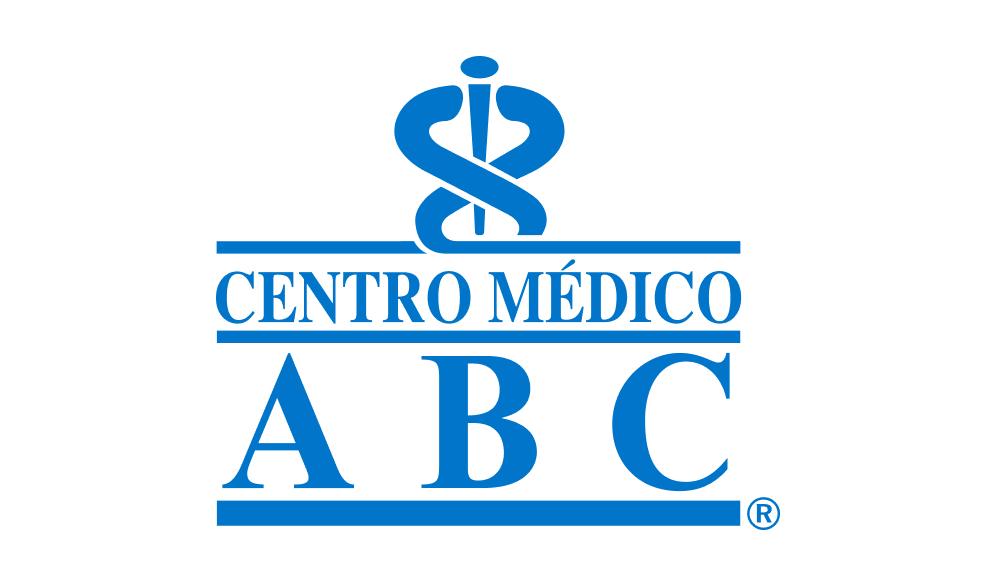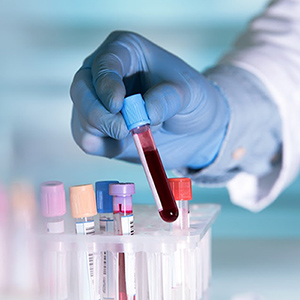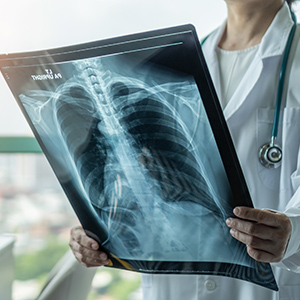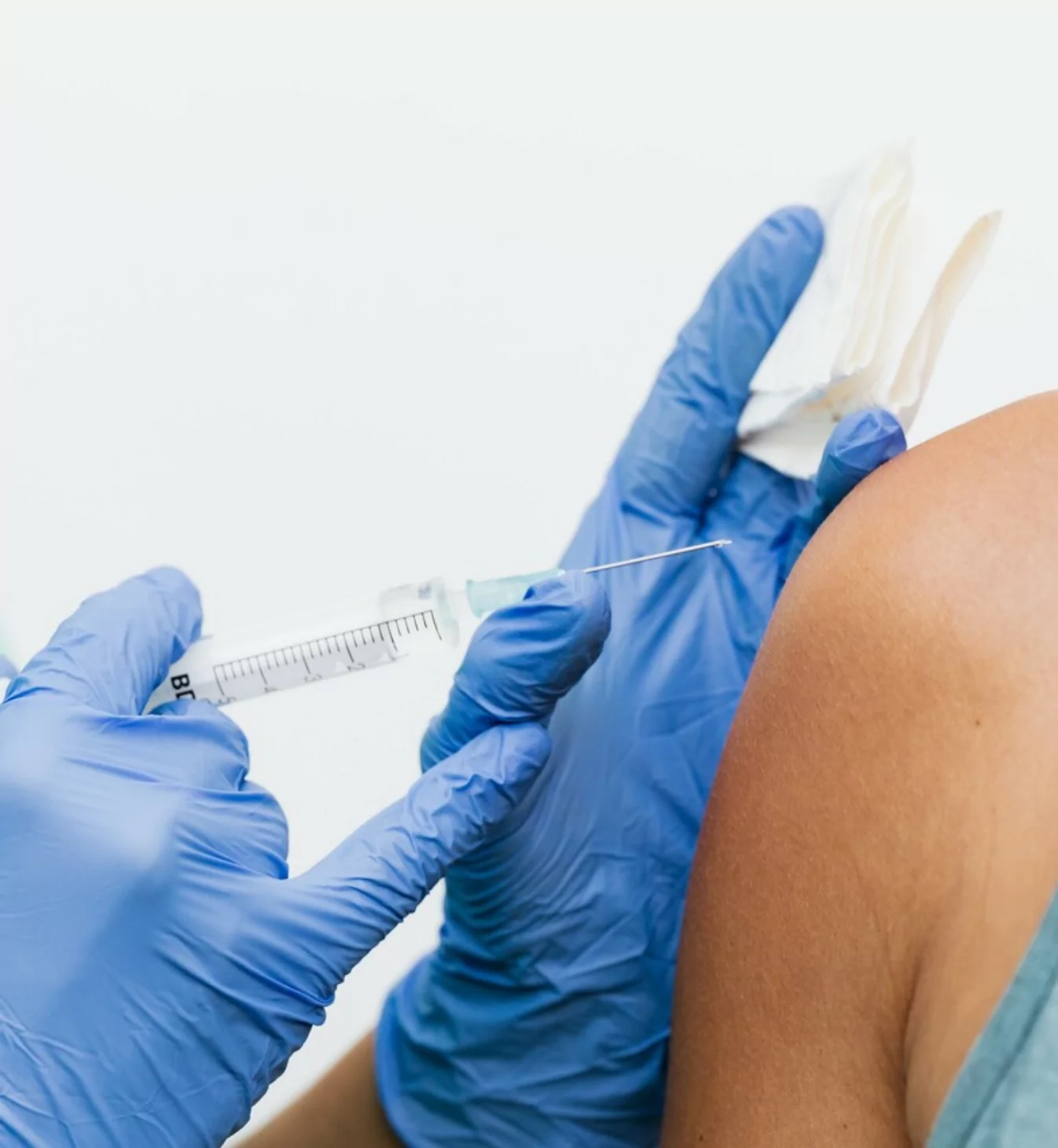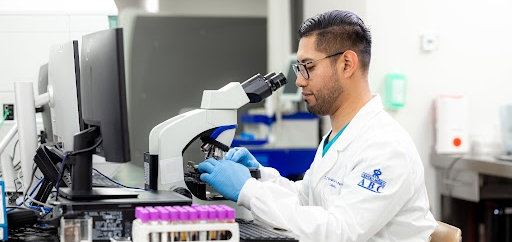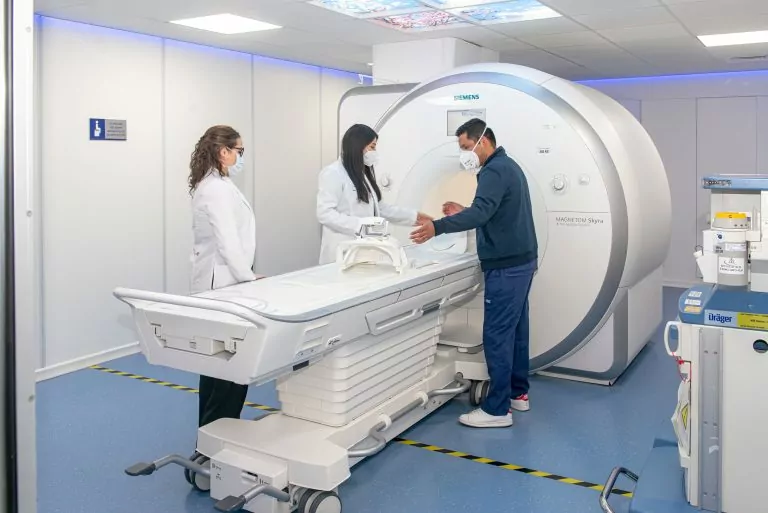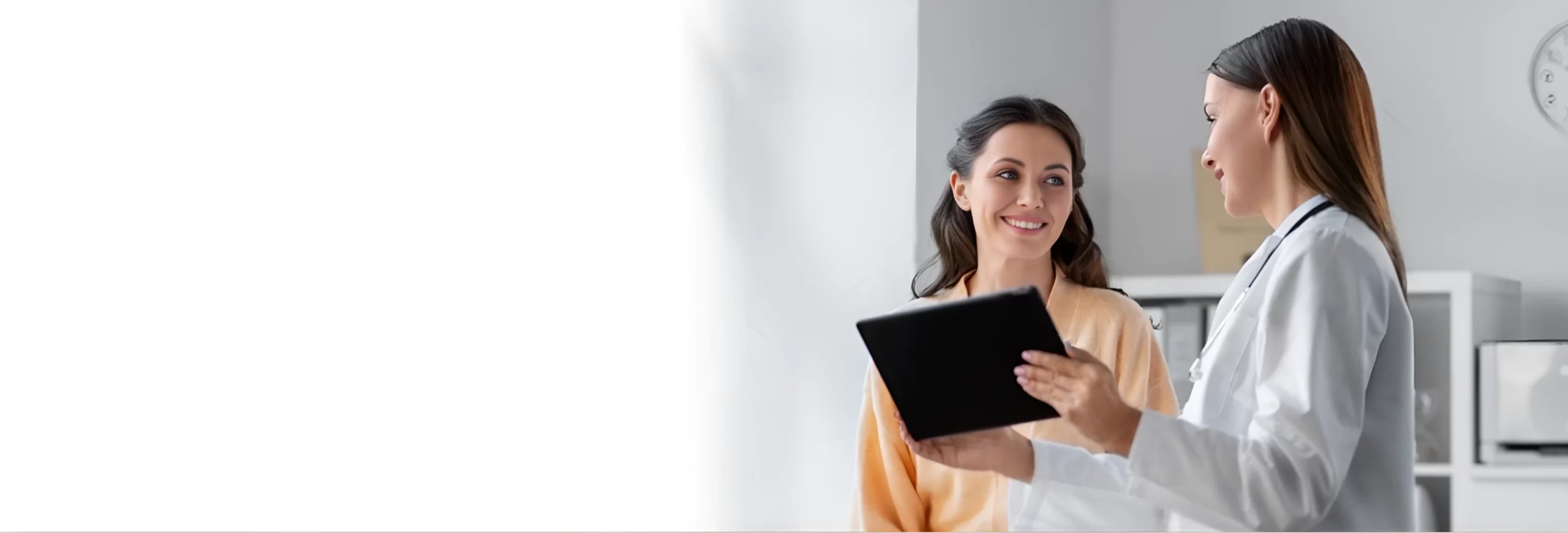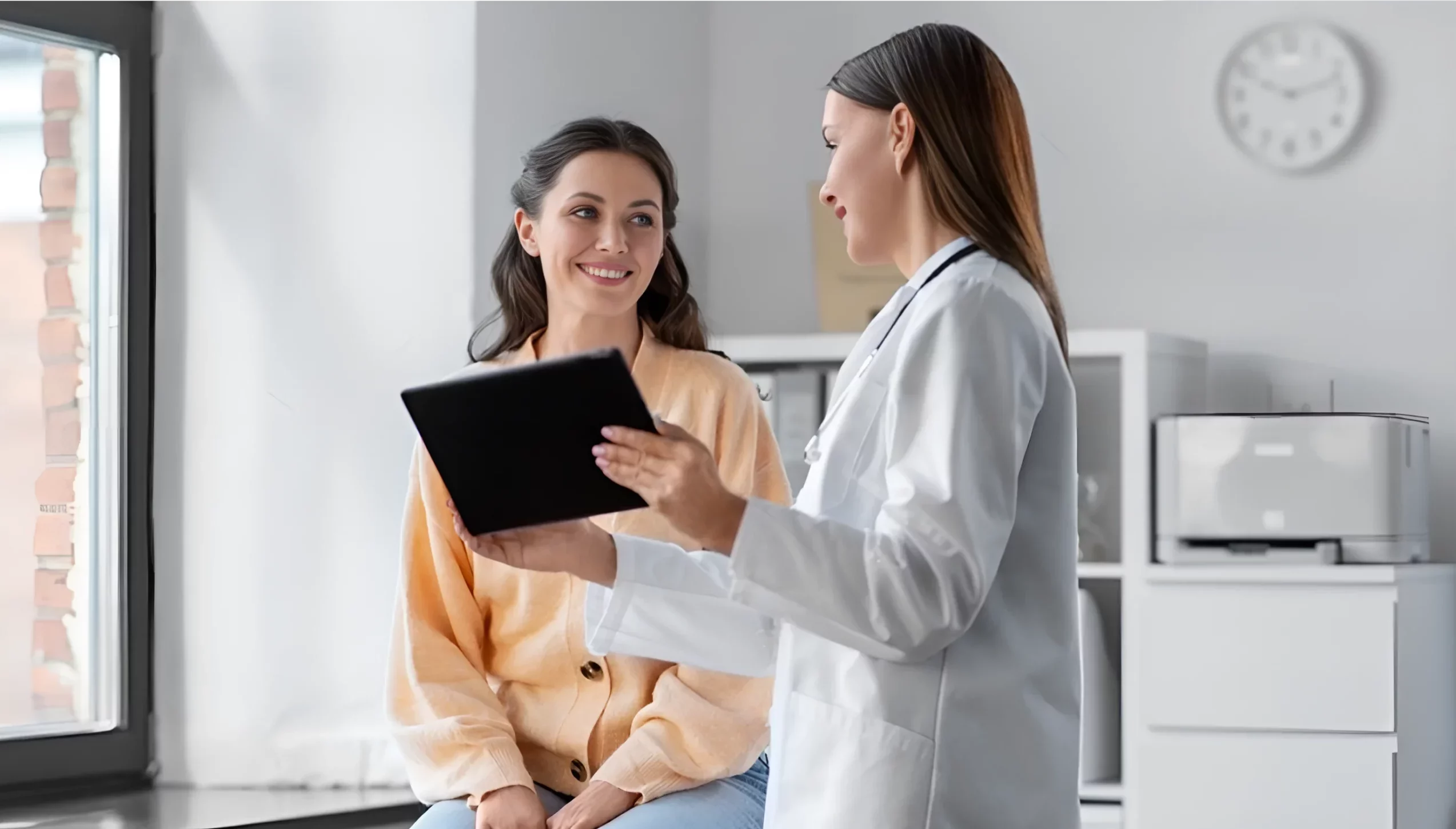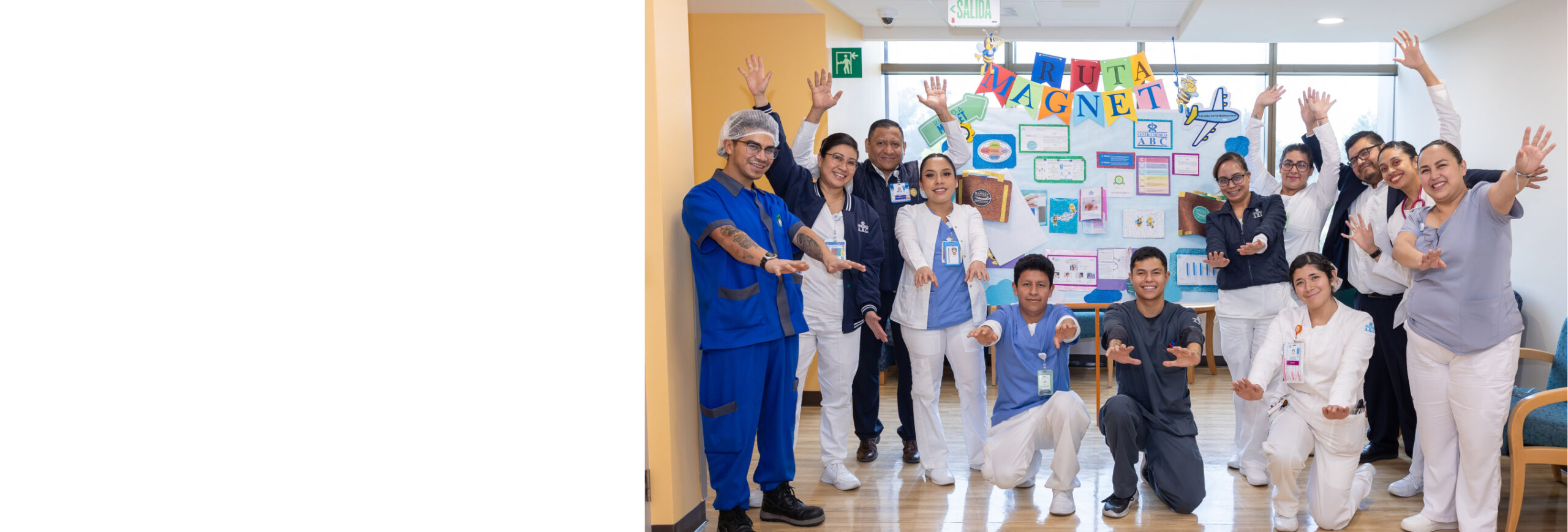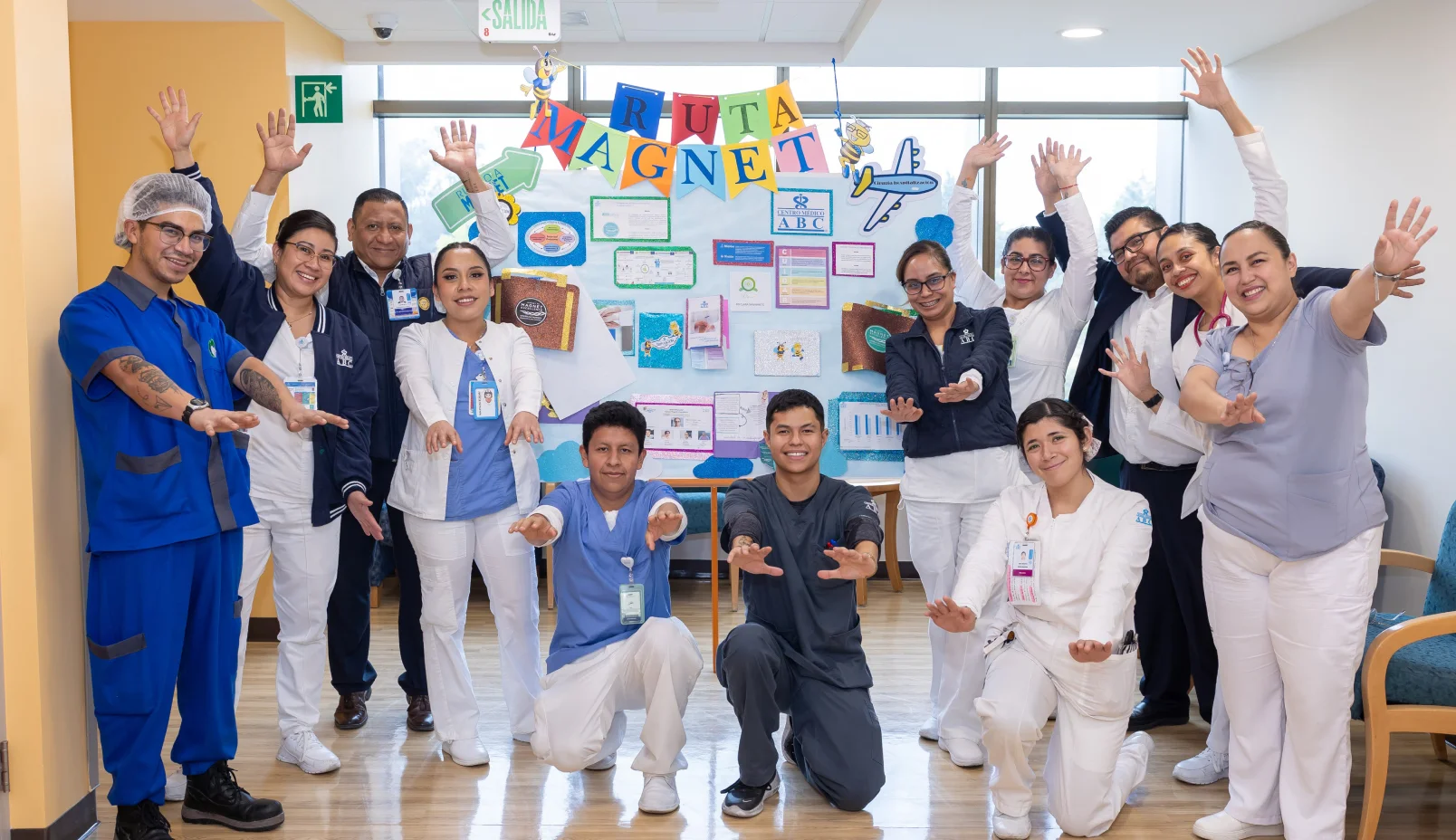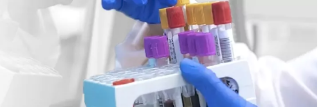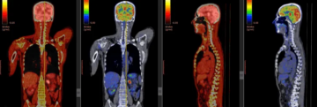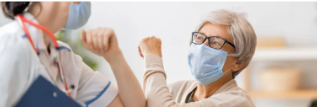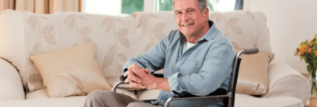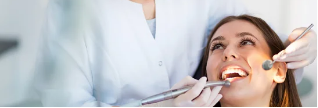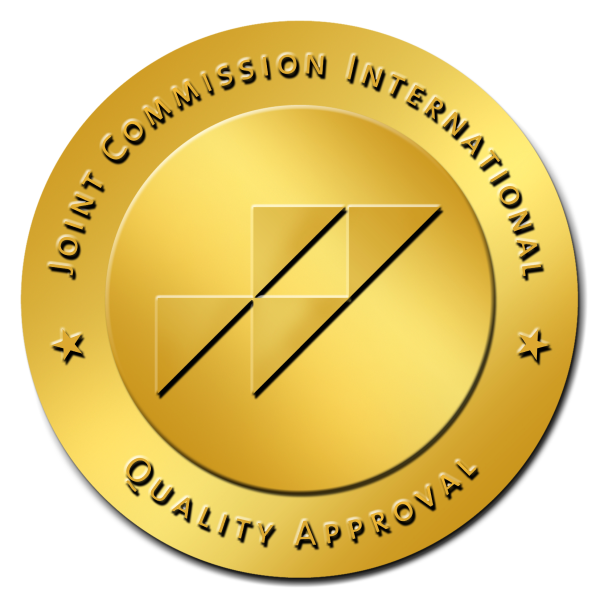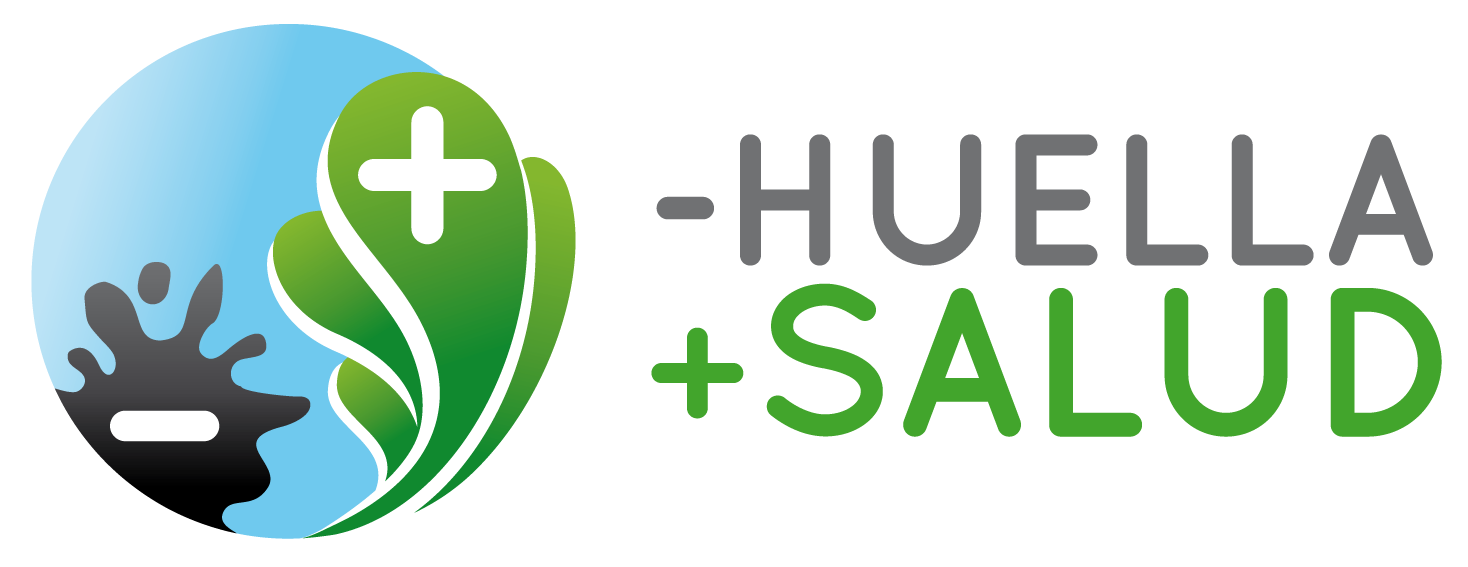Schedule your appointment online for your tests. Save time and fill out your documents from the comfort of your home.
Check your laboratory studies or x-rays results using your username and password
Renewal of the alliance between Houston Methodist Hospital and ABC Medical Center.
Since 2006, Houston Methodist Hospital and ABC Medical Center have exchanged the best practices to strengthen clinical quality and patient safety. As a result, ABC Medical Center has been certified by the Joint Commission International for more consecutive years than any other hospital in Mexico and the ABC Cancer Center has become one of the most advanced in Latin America. This alliance provides support and guidance in ABC Medical Center's commitment to achieving excellence in healthcare.
More information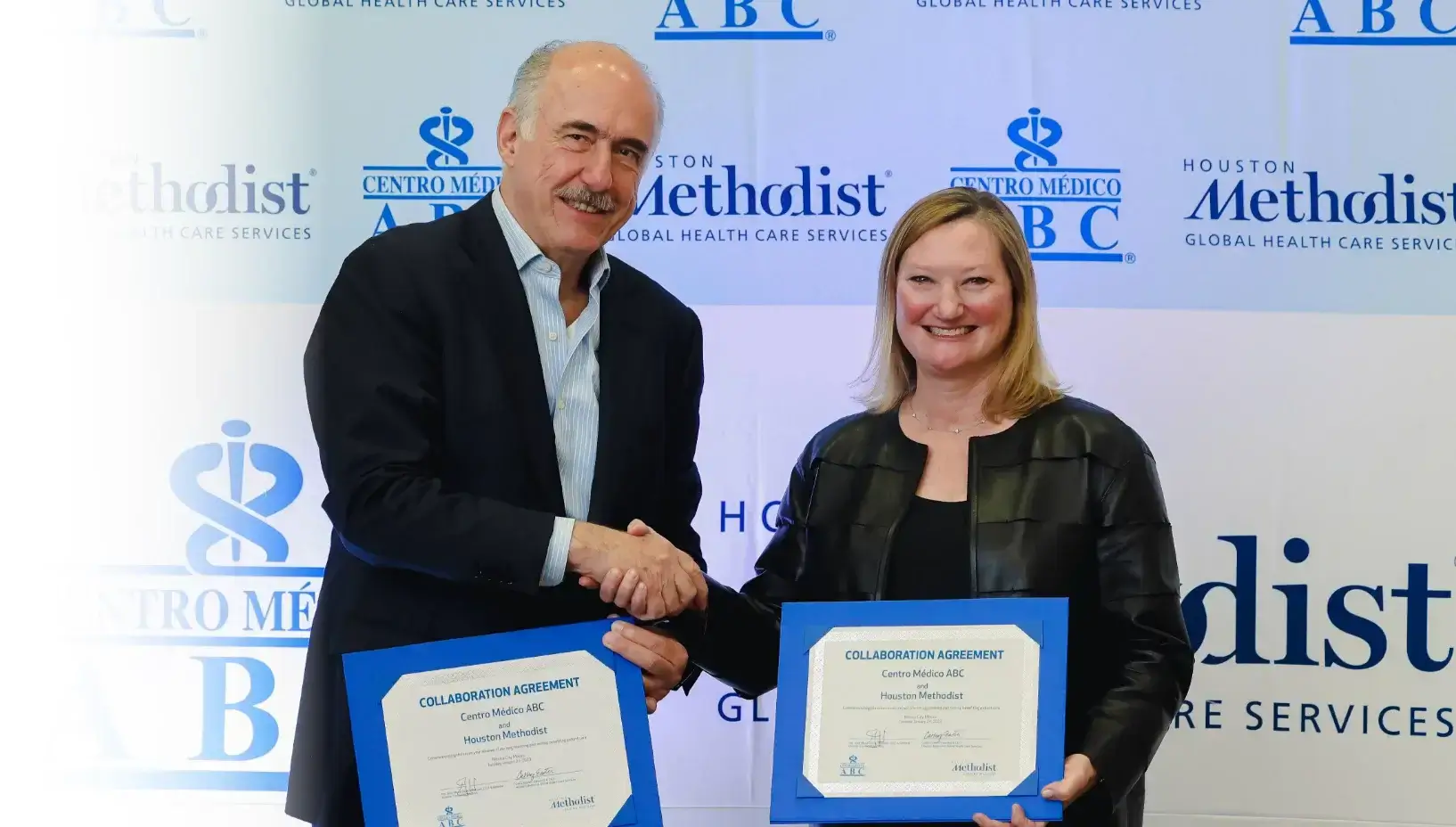
Renewal of the alliance between Houston Methodist Hospital and ABC Medical Center.
Since 2006, Houston Methodist Hospital and ABC Medical Center have exchanged the best practices to strengthen clinical quality and patient safety. As a result, ABC Medical Center has been certified by the Joint Commission International for more consecutive years than any other hospital in Mexico and the ABC Cancer Center has become one of the most advanced in Latin America. This alliance provides support and guidance in ABC Medical Center's commitment to achieving excellence in healthcare.
More informationKnow our services
Your well-being and that of your family are a priority for us, which is why we offer you high-quality services to prevent and/or detect possible illnesses at any stage of your life.
Featured topics
Information for your health
Get more information about your condition or procedure.
Featured topics
Why choose ABC Medical Center
We are an institution that cares for the health and safety of our patients through the best medical practices. We distinguish ourselves by being supportive and inclusive, investing resources in actions to improve health in Mexico, such as access to medical services for vulnerable populations, research and teaching future doctors and nurses.
In our High Specialty Centers, we provide a safe and quality service, characterized by patient orientation and by having a wide range of medical and hospital services that are at the level of the best in the world.
Philanthropy
Ethics
Leadership
Inclusive Health
Just by choosing ABC
you are already helping
With each of your visits you contribute to giving access to preventive and highly specialized health services such as cancer, heart disease, and neurological diseases such as Parkinson’s, to the most vulnerable sectors of Mexico, in addition to contributing to research and teaching.
Thank you for choosing ABC Medical Center for your medical care and for contributing to the commitment to improve Mexico’s health.
Inclusive Health
Just by choosing ABC
you are already helping
With each of your visits you contribute to giving access to preventive and highly specialized health services such as cancer, heart disease, and neurological diseases such as Parkinson’s, to the most vulnerable sectors of Mexico, in addition to contributing to research and teaching.
Thank you for choosing ABC Medical Center for your medical care and for contributing to the commitment to improve Mexico’s health.
Preventive Medicine, choose to be healthy
We provide a wide range of packages focused on the specific needs of each patient according to their age, gender, family, and personal history.
18 years
Male Check up
Choose the one that best suits you.
18 years
Female Check up
Choose the one that best suits you.
Corporate Check up
High specialty centers
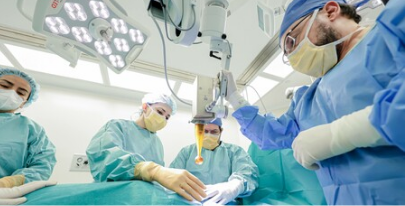
Cancer Center
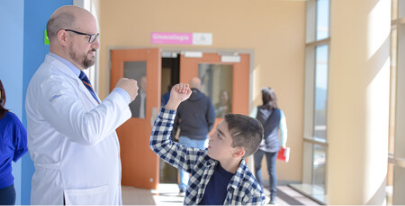
Neurological Center
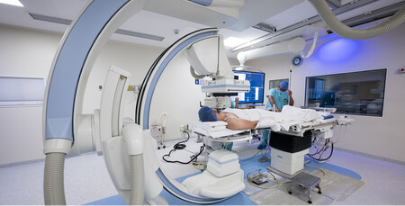
Cardiovascular Center
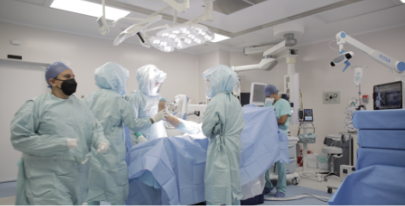
Orthopedics and Traumatology Center
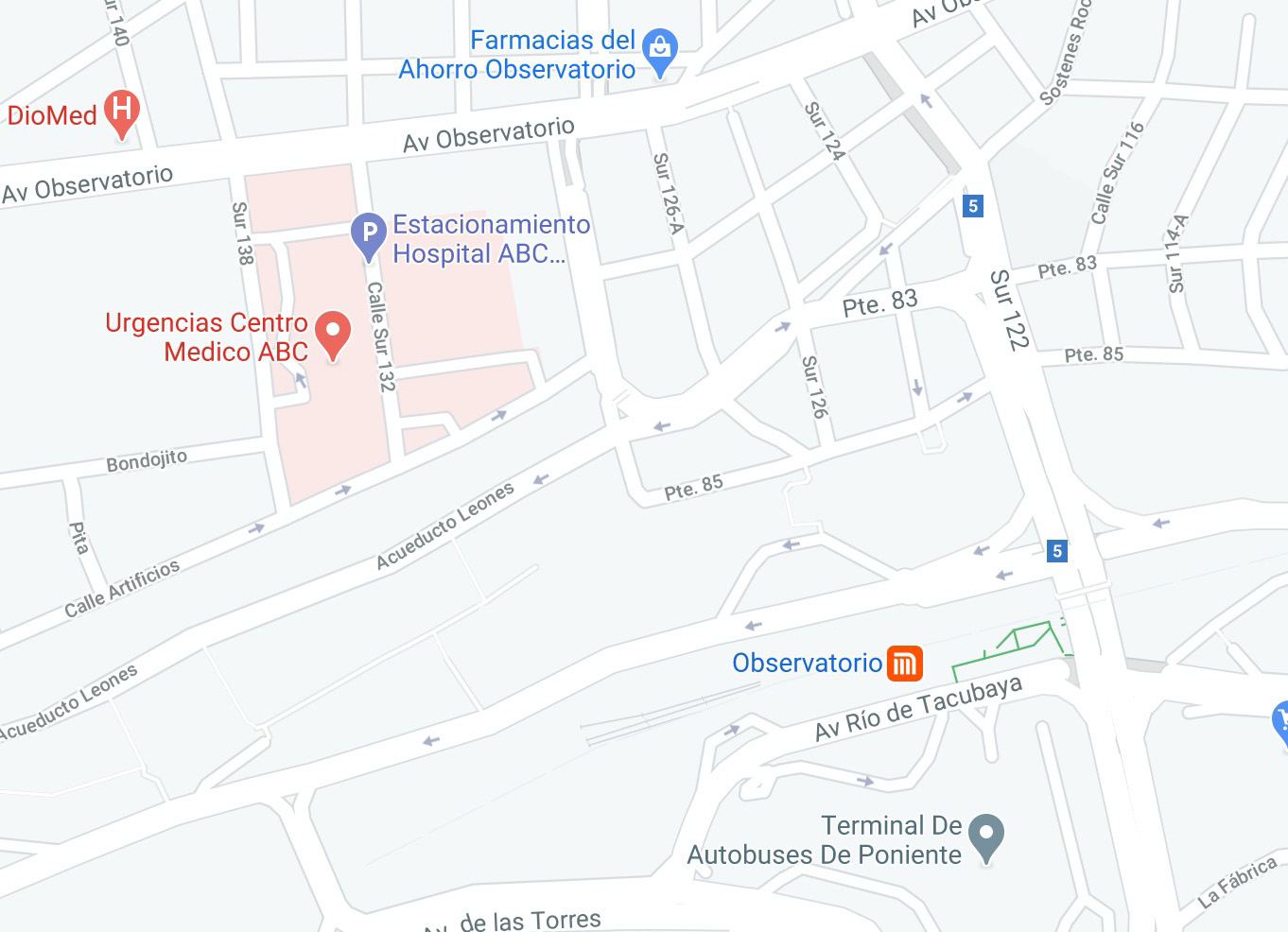
Campus Observatorio
Sur 136 No. 116, Col. Las Américas, Álvaro Obregón, 01120, Cd. de México.
Tel. (55) 5230 8000
Medical Center located in Mexico City
ABC Medical Center is a medical specialty center located in Santa Fe and Observatorio within Mexico City. We are prepared to assist you 24 hours / 7 days.
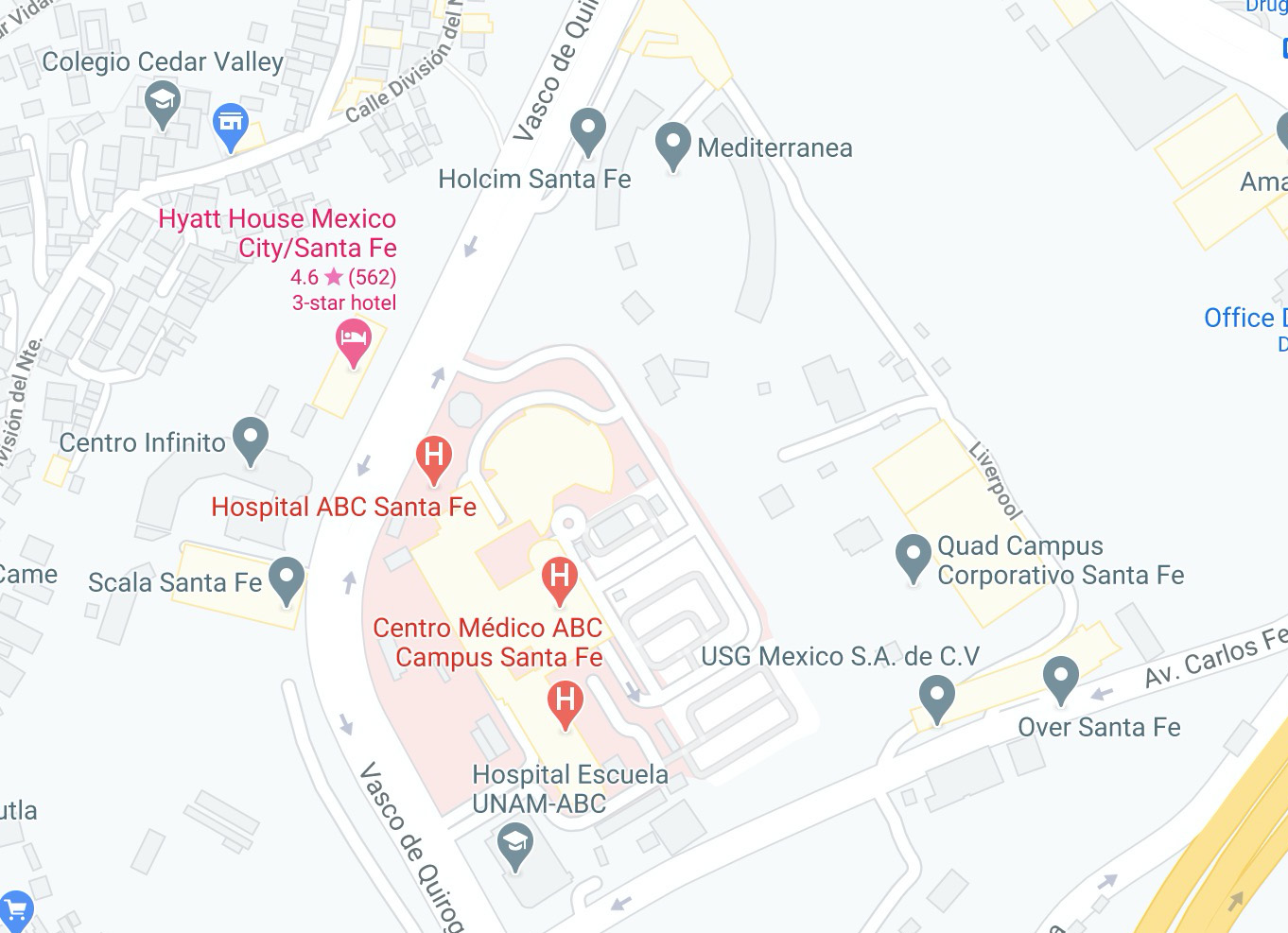
Campus Santa Fe
Av. Carlos Graef Fernández 154, Col. Santa Fe,
Cuajimalpa, 05300, Cd. de México.
Tel. (55) 1103 1600
